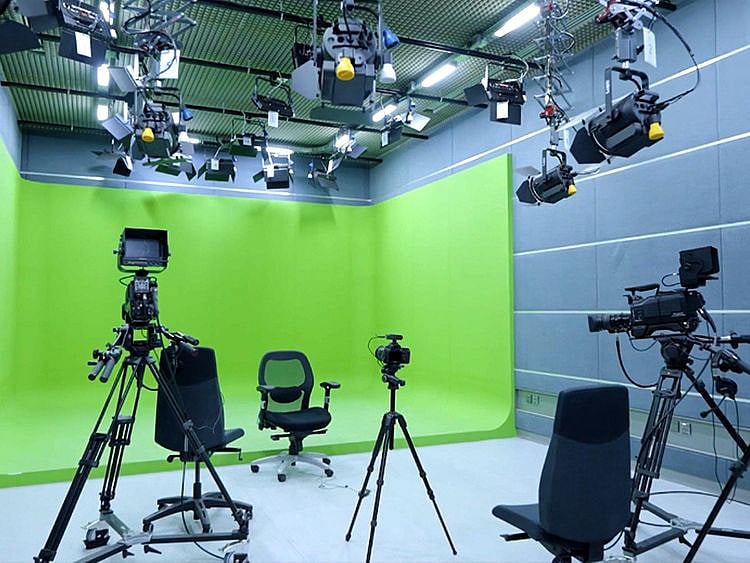The UAE stands out for its dominant cultural position and its massive efforts to protect intangible cultural assets as one of its sources of soft power.
The country has inscribed 13 elements on the Unesco list of intangible cultural heritage, including falconry, a living human heritage; Al Sadu, traditional weaving skills; and Al Talli, traditional embroidery skills. Traditional performance arts like Al-Ayyala and Al-Razfa are also key to this heritage. Al-Azi, the art of performing praise, pride, and fortitude poetry; Al-Taghrooda, traditional Bedouin chanted poetry; Arabic coffee, a sign of kindness; the majlis, a place of culture and social interaction; date palm, information, expertise, customs, and methods; Al Afla, the traditional irrigation network system, oral traditions, and expertise in building, maintaining, and fairly distributing water; Camel racing, a social practice and a festive heritage associated with camels; and Arabic calligraphy, knowledge, skills, and practices, are all on the Unesco list.
The UAE has 34 museums, including a number of the most prominent international ones such as the Louvre Museum and the Museum of the Future. These museums simulate minds to imagine what human societies await in the coming decades. The Etihad Museum tells us the success story of our beloved UAE. In addition, there are various cultural and literary initiatives and projects that aim to educate and raise awareness among young people about their culture, history, and the civilisation of the UAE and its renaissance.
UAE reputation and soft power
Based on the leadership’s interest in enhancing the country’s reputation and soft power, I raised in my master’s thesis the idea of establishing a National Media Museum. The aim is to enhance the UAE’s cultural position internationally and its leadership in the field of media development, from popular journalism to post-metaverse media.
The National Media Museum would therefore serve as an educational centre that monitors the history of Emirati media, documents all its stages and fields, and highlights its sustainable development contributions to nation-building.
The National Media Museum would be a new form of cultural tourism in the UAE, in line with its national strategies to attract museums, international universities, and specialised centres. It would serve as a cultural platform that enhances national identity, innovation, and the employment of artificial intelligence techniques, contributing to the upbringing of a society aware of the importance of museums as attractive and enjoyable cultural and educational destinations.
Media’s crucial role
Having reviewed the best practices in both UK and the US in this area, I compared them in my thesis with the British National Media Museum, which chronicles various media outlets. The idea arose to underscore the media’s crucial role in monitoring the country’s historical development, particularly as media content chronicles information, facts, and the success stories of the UAE, which has attained prominent positions in global competitiveness reports.
The adoption of the idea to establish a National Media Museum would elevate awareness of social responsibility, fostering collaboration among community members, government agencies, creators, and specialists. This collective effort would contribute positively to volunteering through the donation of collectibles and publications, as well as the active participation in documenting the history and oral traditions of Emirati media.
Furthermore, the museum would serve as an educational interface for students and academics, introducing various media, digital publications, laws and regulations, historical media documents, modern media industries, events, media awards, and films.
It would celebrate the first generation of media professionals, appreciate influencers with sober and meaningful content, and invest in the youth of the country by equipping them with research skills and educating them about the history of UAE media.
The museum would also provide suitable jobs and training opportunities, and diversify sources of income away from oil in order to achieve sustainable development.
Alya Hassan Al Yassi is an Emirati researcher and strategic media expert.
Sign up for the Daily Briefing
Get the latest news and updates straight to your inbox
Network Links
GN StoreDownload our app
© Al Nisr Publishing LLC 2025. All rights reserved.
